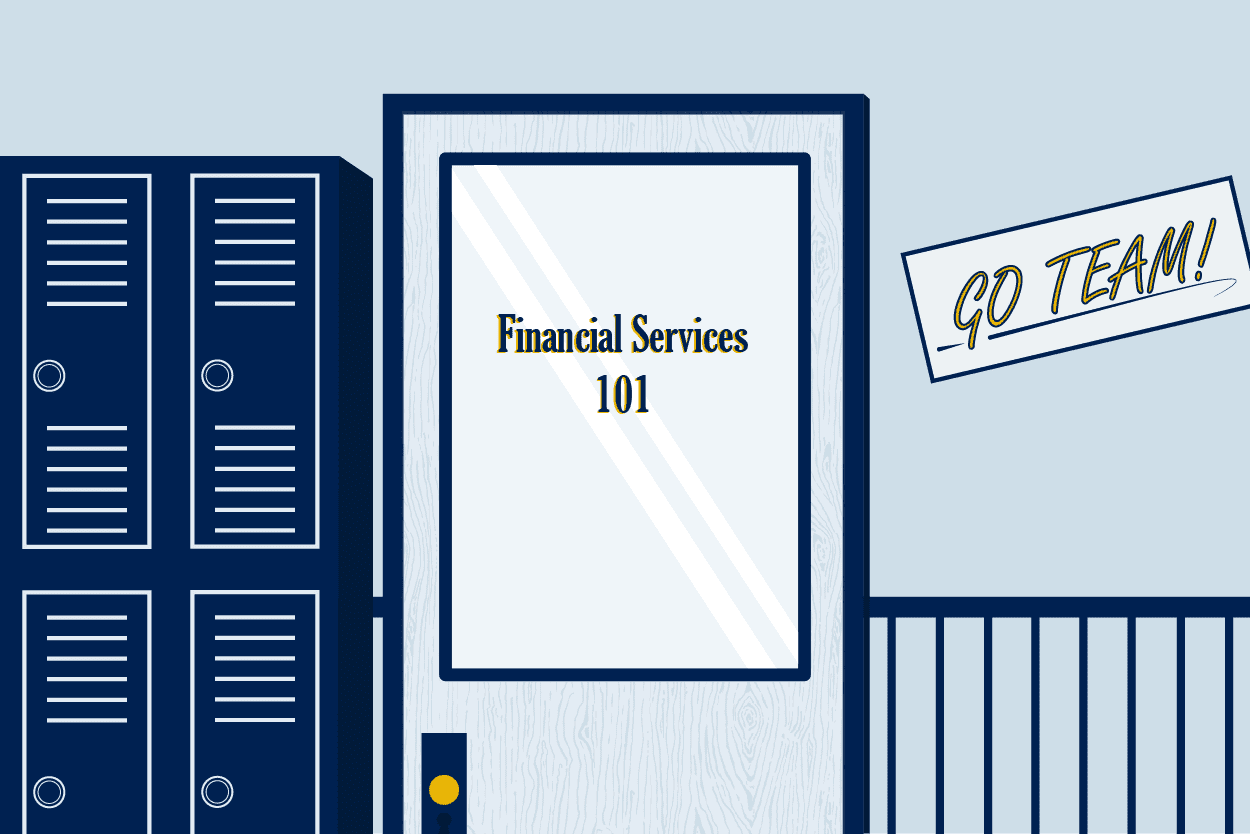What is Cloud Data Management?
Cloud data management is the act of managing a firm’s data needs by utilizing resources including hosted data storage, integration capabilities, and analytics through cloud providers such as Snowflake.
In some respects, managing data stored in the cloud is going to be different in approach and in practice than managing data on-site. In some cases, a firm may still have its data on-site but managed using a cloud service, data lakes or data warehouses. It uses software dedicated to that purpose, in SaaS format, or infrastructure as a service offerings.
In the end, however, the function that cloud data management performs is the same as traditional data management: to centralize, validate, and derive insights from data.
Why do I need it?
Cloud data management can bring together disparate data sets, such as those from finance, human resources, and operations, into one database to centralize control, access, structure, and distribution across an organization. Rather than having these data sets cast away in different disconnected databases and spreadsheets which are costly to maintain, it’s in one place, and everyone in the organization knows to go to that one place for their information. It also provides tangible benefits to operational cost savings and scalability, as well as better data quality. In addition, it becomes possible to share data among multiple cloud applications, provides disaster recovery for a firm’s data, and offers data security benefits.
What should I look for?
When looking for a good cloud data management system, it needs to be able to address three key initiatives: data centralization and quality, operational efficiency, and reporting and analysis. Understanding who is using the data, and for what purpose, ensures you have a system that can adapt and grow as your objectives do and future-proofs your data management. You want your system to evolve with your business.
What are the standards for cloud data management?
The EDM Council, a trade association comprised of financial services businesses, industry organizations, regulators and service providers, has set a Cloud Data Management Capabilities (CDMC) framework. The framework list these steps as standards:
- Assess cloud readiness with an objective self-assessment or with a CDMC-authorized partner.
- Confirm a business case.
- Solidify a cloud strategy that includes best practices for creating, migrating and managing data.
- Gain “cloud confidence” based on expertise from professionals who helped design the CDMC framework.
- Produce measurable outcomes by tracking progress using the framework.
- Ensuring data protection and privacy.
Beyond these standards, the CDMC framework is further articulated with 14 “key controls.” These include four governance points, six items concerning classification, access and security, and four points concerning measurement, cost and data lineage.

